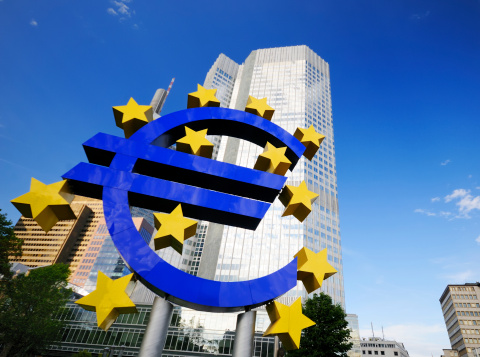Investing
Europe PMI Drops as Disaster Deepens Without Solutions
Published:
Last Updated:
If ever there was a time for Europe to reconsider its move toward austerity as a means to balance national budgets and improve the perceived value of sovereign debt, it is now. Markit data on eurozone PMI showed both service and manufacturing output in the region weakened. And the pace at which the disaster has spread and deepened has accelerated. Europe needs a stimulus program, or several, although it is not clear where the money would come from.
Market reported that:
The Markit Eurozone PMI Composite Output Index fell to 47.3 in February from 48.6 in January, according to the flash estimate. The decline signals a steepening of the economic downturn, contrasting with the easing trend seen in the previous three months. Business activity has now declined throughout the past year-and-a-half, with the exception of a marginal increase in January last year.
And no country was spared, with the exception of the region’s largest economy:
Output fell at faster rates in both manufacturing and services, though trends were once again markedly different by country. Output rose for the third month running in Germany, albeit at a slower rate, contrasting with accelerating, steep rates of decline in both France and across the rest of the Eurozone on average. French businesses were particularly weak, reporting the largest monthly drop in output
since March 2009.
The data immediately confirmed two things. The first is that, despite a temporary rise in Germany’s output, the problems in the rest of the region will continue to erode its economy because of the level of trade it “enjoys” with the balance of the region. The second is that the efforts of relatively new French President Francois Hollande to keep his country clear of the area’s troubles have failed, which will undercut his position in the debate Europe’s future and strengthen the position of Germany’s Angela Merkel.
It could be argued that as Merkel gains power against Hollande and other occasional adversaries, her position for austerity and against stimulus ironically will have fallout in her own economy.
Stimulus money will be hard to come by, and would require a joint venture between the International Monetary Fund and European Stability Mechanism (ESM), which was not created for this kind of stimulus but rather as:
a permanent resolution mechanism able to provide financial stability support would be needed to address instances when euro area Member States are either threatened with or facing difficulties with respect to their financial instability that would pose a threat to stability of the European Union as a whole.
At this point, or some point in the near future, the entire region will require some kind of coordinated aid.
Thank you for reading! Have some feedback for us?
Contact the 24/7 Wall St. editorial team.